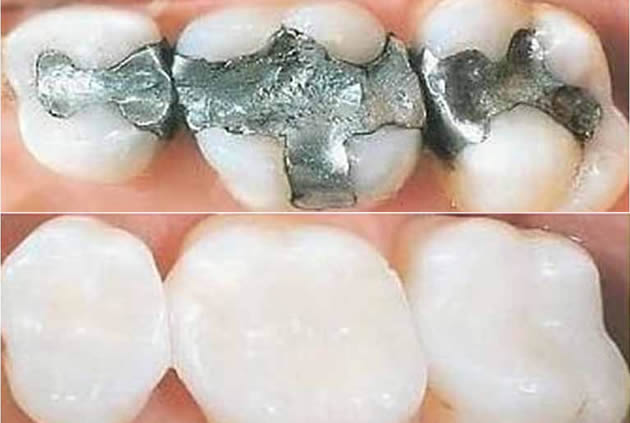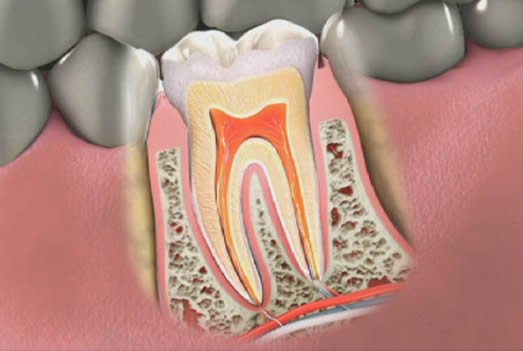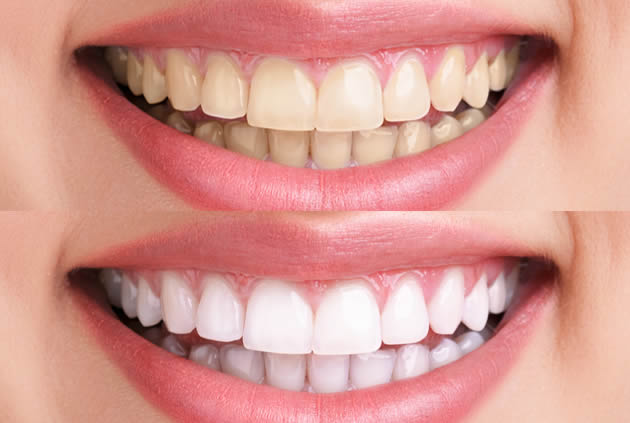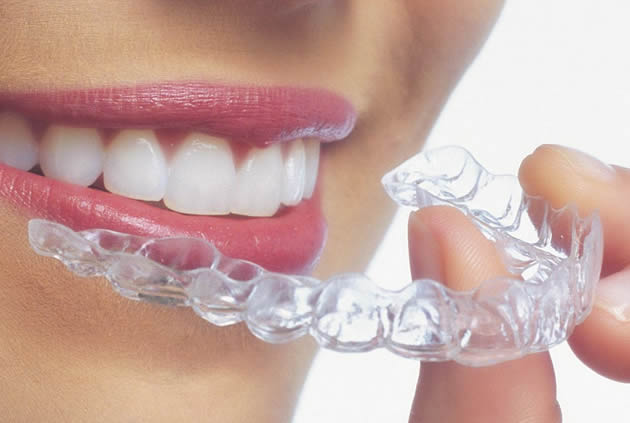
Some people have the wrong idea that taking their children to the dentist isn’t that important, and that it’s really a healthcare choice for adulthood. Young teeth are vulnerable to bacteria that lead to cavities and gum disease, so teaching your kids how to practice good dental hygiene is a must. However, it’s just as important to get into the habit of taking your kids for regular checkups at the dentist.
Does it matter which dentist we choose?:
Sometimes the hardest part about the whole process is talking your child into seeing a dentist. Many kids are afraid of the dentist, even if it’s just the idea of an unknown experience. Then once they go to the dentist and see all the unfamiliar and sometimes noisy equipment, you can be in for an uphill battle. That’s why it’s important to choose a dentist who is experienced in treating kids and equipped for their unique needs. Select a dental office that strives to make kids comfortable and helps them through the process. You may even want to consider a pediatric dentist, who specializes only in treating kids.
What can we expect at a checkup?:
The goal of a dental visit is to clean and protect your child’s teeth, and to prevent and treat diseases or other problems. The dentist will start with an examination and X-rays if needed, in order to get a better view of your child’s oral health. The appointment will also include a teeth cleaning, which provides a much more thorough and deep cleaning than your child is able to perform at home. If there are any problems diagnosed, treatment procedures will be discussed and you can decide with the dentist how to proceed.
Schedule your appointment at our Baltimore dental office

One of the greatest gifts you can give yourself is taking care of your oral health throughout your life. Practicing a consistent dental hygiene routine and maintaining regular visits to your general dentist are the best ways to increase your chances of a beautiful, healthy smile.
General dentists focus on preventive care and treating minor problems before they have a chance to worsen into serious issues. Even if you regularly brush and floss your teeth, plaque and tartar can be quick to develop. A dentist has the necessary tools and training to remove damaging deposits before they harm your smile. In addition to professional cleanings and examinations, most general dentists fill cavities, perform root canals, whiten teeth, and even offer additional cosmetic dental procedures like dental implants or veneers.
One of the main reasons for routine examinations is to identify various problems. One common issue that you want your general dentist to catch early is gum disease. When it is treated soon after it starts, you are more likely to avoid bone deterioration or tooth loss. The early stage of gum disease is called gingivitis and can be handled by your dentist with simple techniques. If it advances to periodontitis, that’s when bone or tooth loss become a possibility and more invasive procedures like scaling or root planing may be required.
Once you make your dental appointment, which is typically recommended every six months, make sure you keep your scheduled visit. Many patients fall victim to scheduling appointments and then cancelling, not realizing how important seeing your general dentist can be. If you have dental insurance, you can even use your dental benefits for examinations and treatments. This office accepts Blue Cross/Blue Shield of Louisiana, MetLife, and Cigna.
Choose a qualified general dentist and establish a long-term relationship now, so that you can enjoy your healthy and appealing smile for years to come.
Our dental office is located in Baltimore

Proper dental care is vitally important for every member of your family. Children should begin visiting a dentist as soon as their first tooth erupts, which in most cases is by their first birthday. Your family dentist is trained to take care of both adult and pediatric dental needs. An experienced family dentist can offer a wide array of dental care services to the children in your family.
A family dentist can perform routine pediatric oral exams and twice yearly professional cleanings, as well as other preventative care such as treatment with fluoride and protective sealants. In the unfortunate case your child should suffer trauma to a tooth, your family dentist is available to treat a loose, broken, or knocked-out tooth. Your dentist can diagnose and treat gum disease, tooth decay and cavities as well as identify and treat misaligned or crooked teeth and jaw or bite problems.
Your family dental practice may also offer a variety of kid-friendly amenities to make visits to the dentist less stressful. Game rooms, televisions with kid videos, and treasure box treats are just a few of the things that might be available to help your child feel at ease.
As your child ages, there will be no need to switch dentists because your family dentist can treat your child from infancy to adulthood. Having the same dentist for your entire family makes life easier when it comes time to schedule routine examinations. Often you can schedule several family members at the same time. Your family dentist will be familiar with your entire family’s dental history, which is a major benefit of taking everyone to the same dentist.
When the time comes to choose a dentist for your children, you can feel confident your family dentist will provide a lifetime of excellent dental care.
If you live in the Baltimore area contact us today

Your teeth and gums are physical assets that you want to keep healthy your whole life, and the best way to do that is to take care of them. Proper dental care needs to begin at a young age so that good habits are established for life. It is a parent’s role to teach children proper hygiene, and to ensure they get professional treatment. Here are some ways that you can help your child learn good dental habits.
Supervise brushing:
Parents should watch children brush their teeth, especially for ages seven and under, to ensure the appropriate amount of toothpaste is used and that none is swallowed. Have your child brush for about two minutes, and make sure all areas of the teeth and gums are cleaned. Provide tips and help as needed.
Establish good eating habits:
Teach your child that diet impacts oral health. Some foods worsen plaque buildup and introduce damaging acid into the mouth, leading to increased tooth decay and higher risk for cavities and gum disease. Certain foods and drinks are also known to stain teeth, or cause bad breath.
Promote water consumption:
Drinking water not only is good for your overall health, it’s also helpful to your mouth. Encourage your child to drink water after eating, especially if it’s not possible to brush teeth right away. Also, fluoridated water is proven to help fight cavities.
Visit the dentist:
Begin taking your child to the dentist around age one, so that the child gets good dental care and learns that dental visits aren’t scary. Have a positive attitude about checkups, and consider taking your child to a pediatric dentist who specializes in children’s oral health.
Be a role model:
As the saying goes, practice what you preach. Set a good example of brushing at least twice daily, flossing every day, limiting your intake of staining foods and drinks, and visiting your dentist regularly.
We look forward to seeing you in our Baltimore dental office
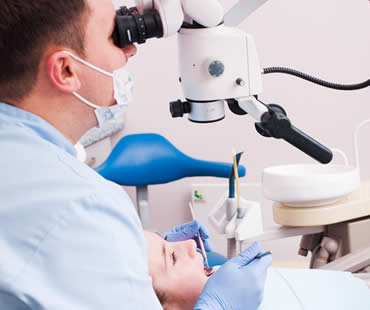
Your family, general, or pediatric dentist or orthodontist may refer you to an oral and maxillofacial surgeon for some dental treatments that require oral surgery. An oral surgeon is a specialist who has graduated from an accredited dental school and also completed additional education and residency related to surgical procedures needed to treat various oral diseases and conditions. An oral surgeon is trained in treating the following conditions:
- Removal of diseased or impacted teeth
- Placement of dental implants
- Treatment of facial trauma involving gums, jaws, nasal cavities, cheekbones, eye sockets, and forehead
- Evaluation of pathologic conditions such as cysts and tumors of the mouth and face or acute infections of the oral cavity, salivary glands, neck, and jaws
- Treatment of facial pain including those caused by temporomandibular (TMJ) problems
- Cosmetic or reconstructive surgery to correct jaw, facial bone, and facial soft tissue problems
- Corrective jaw surgery
- Cleft lip and cleft palate repair
- Surgical treatment for sleep apnea
There are many different techniques that oral surgeons use to accomplish your treatment goals. The choice of techniques may vary between surgeons and should be discussed between you and your surgeon prior to the procedure.
Many oral surgery procedures can be completed in an outpatient setting. Often you are only in the office for a few hours and can return to your regular routine in a matter of days. A good oral surgeon will be able to perform these procedures with little chance of complications, and will be able to provide you with the information you need to understand the recovery process. Your oral surgeon will often collaborate with other specialists, such as an orthodontist or cosmetic dentist, to achieve your ultimate treatment goals.
If you live in the Baltimore area contact us today

Severely damaged, injured or diseased teeth can lead to not only cosmetic problems with your smile, but also functional ones. Your dentist may recommend dental crowns or dental bridges to treat your dental issues.
Dental crowns are a restorative dental therapy that covers the affected tooth completely, serving as the new outer surface of the tooth. A dental crown maintains the natural roots of a tooth and can prevent extraction. A dental bridge fills the gap left by one or more missing teeth and is affixed to bordering teeth with an anchoring crown.
Both dental crowns and dental bridges are made from a variety of materials that can be designed to match the color of your surrounding natural teeth. As opposed to removable prosthodontics such as full or partial dentures, dental crowns and bridges are permanently bonded to existing teeth or dental implants, allowing them to function and appear as natural teeth.
Dental crowns and bridges have a number of advantages and benefits, such as:
- Dental crowns protect the natural tooth after a root canal therapy, helping to prevent bacteria re-infecting the tooth that could lead to extraction.
- Dental bridges restore gapped or missing teeth, providing support to the surrounding teeth, preventing them from shifting in to fill the empty space and affecting your speech, bite and smile.
- Your dentist can typically place dental crowns and bridges in as few as two appointments.
- Dental crowns and bridges are both long-lasting, durable therapies, designed to protect your natural tooth for years to come.
- Dental crowns prevent bone loss by preserving the natural tooth roots, thereby stimulating the jawbone, preventing resorption, or shrinkage, of the bone following extraction.
If you have questions about what a dental crown or bridge can do to improve the form and function of your smile, talk to your dental professional today. You can restore your healthy smile and preserve it for years to come with a dental crown or dental bridge treatment.
We treat patients from Baltimore and the surrounding area













